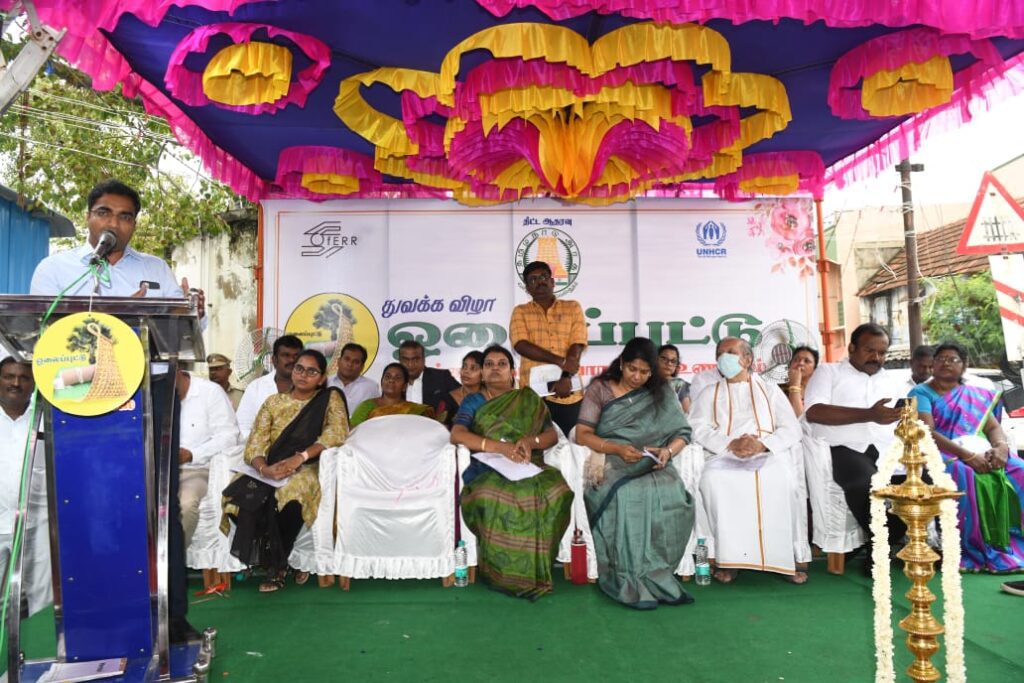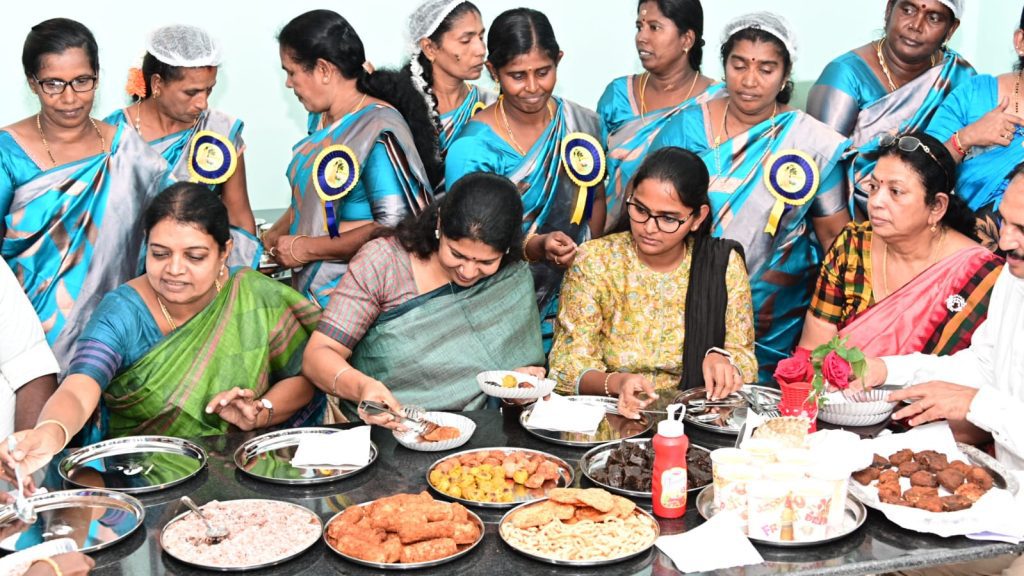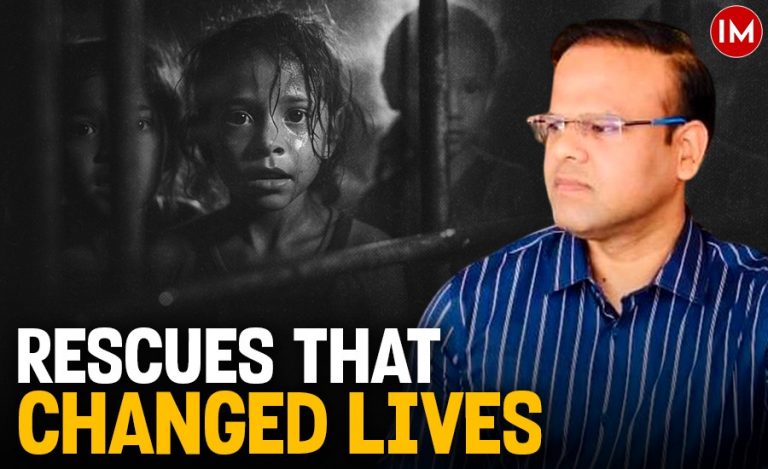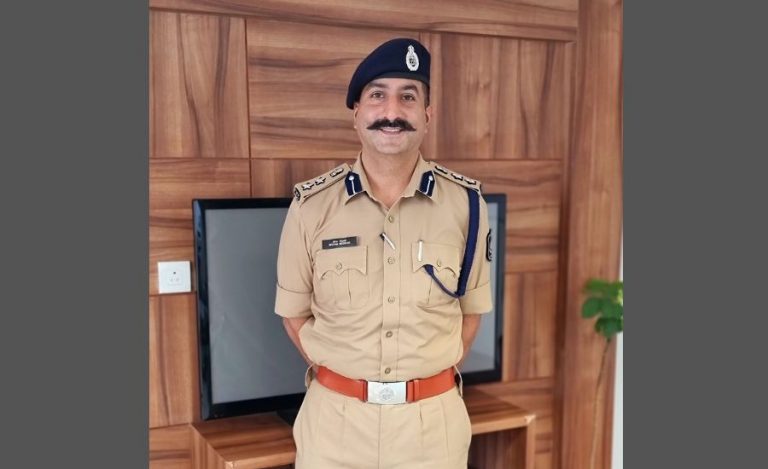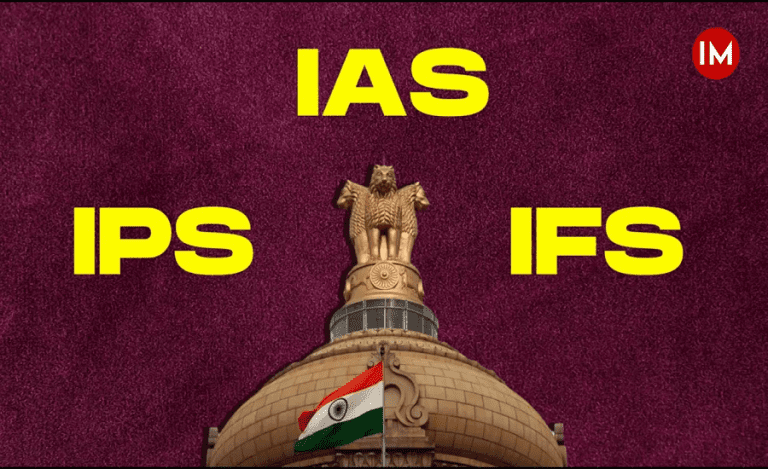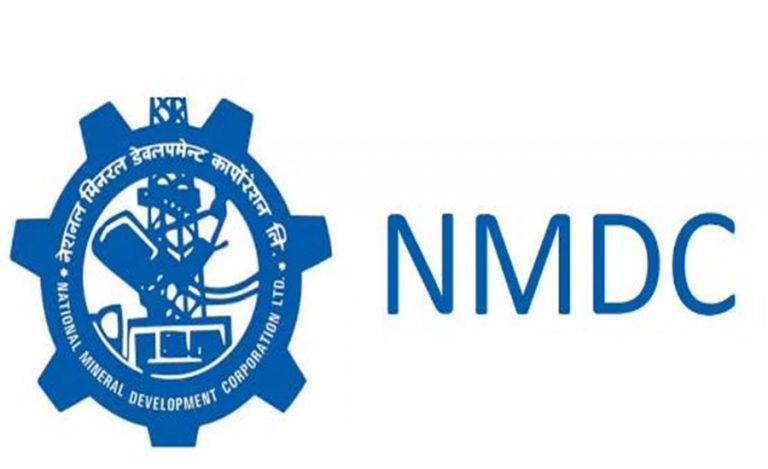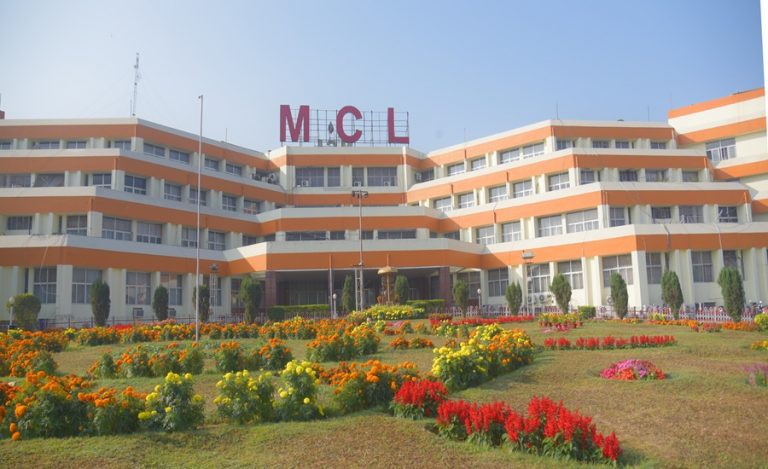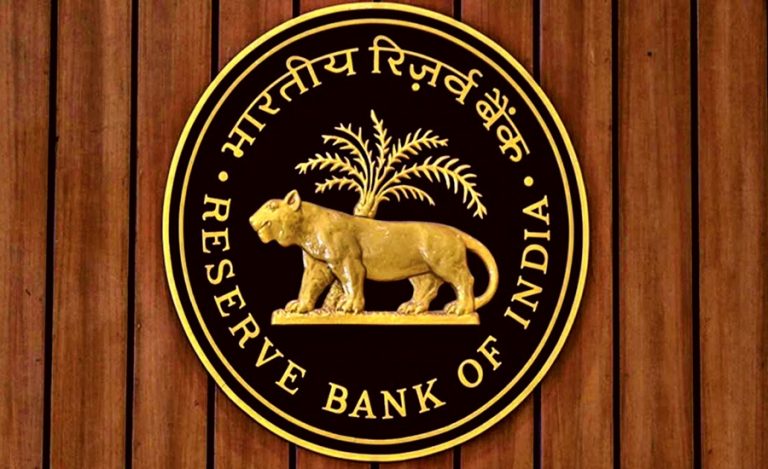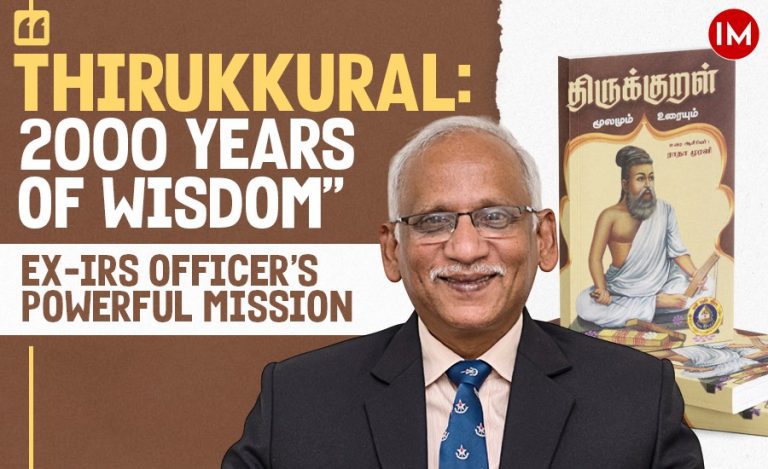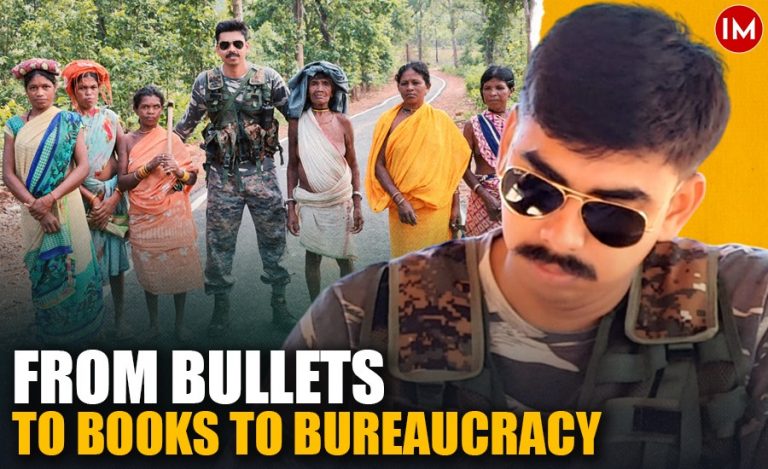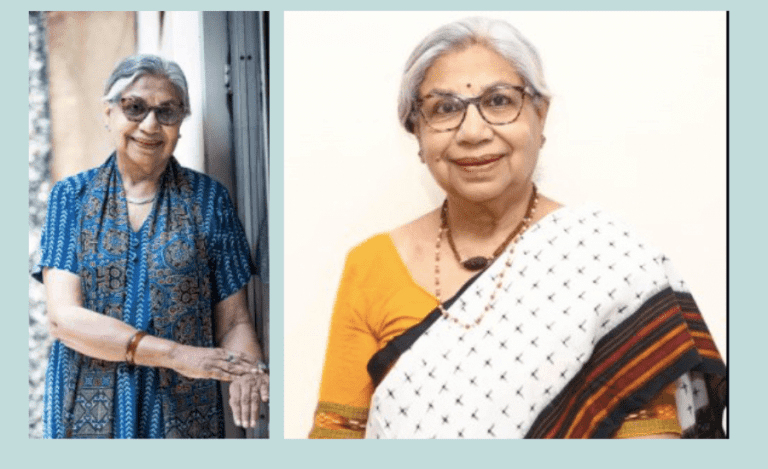In the late Eighties and early Nineties, thousands of Sri Lankan Tamils fled to India and other countries due to the civil war in the island between the military and the LTTE (Liberation Tigers of Tamil Eelam). India’s Tamil Nadu state currently houses more than 55,000 Sri Lankan refugees, spread across more than 100 camps.
While various incentives like housing, electricity, water supply, ration etc. have been provided by the state government, an additional support is now being provided by the district administration of Thoothukudi as per the vision of local MP K Kanimozhi.
The refugees are now being provided with livelihood opportunities so that they can pursue their skill of cooking and, also, add a new taste to the local cuisines of Tamil Nadu.
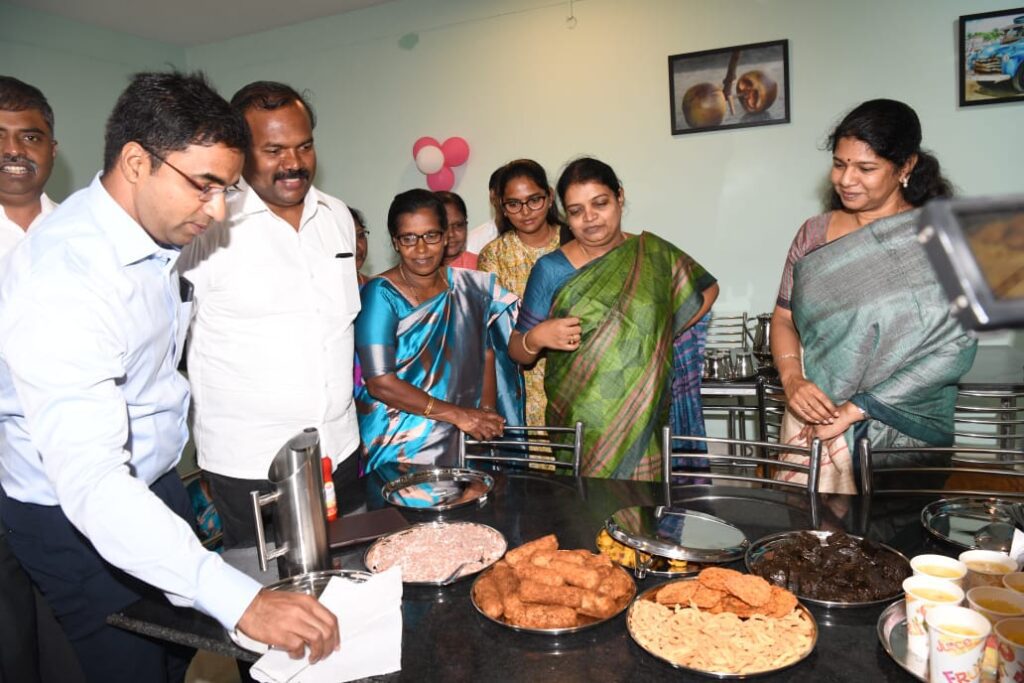
STARTING A SIGNATURE LIVELIHOOD
While speaking to Indian Masterminds, DC of Thoothukudi, Mr. Senthil Raj, IAS, said that despite providing livelihood opportunities to the refugees like basket making, mason training, etc., they were not being able to provide them a livelihood, which would act as a signature livelihood to showcase their culture and talent.
“In 2021, alongside our MP, K Kanimozhi, we visited all the three camps in the district where the refugees are based. We interacted with the women group and found out that they have a separate cuisine which is slightly different from Tamil Nadu’s cuisine. These women were also quite upbeat about showcasing their cooking talent to the people of Tamil Nadu,” he said.
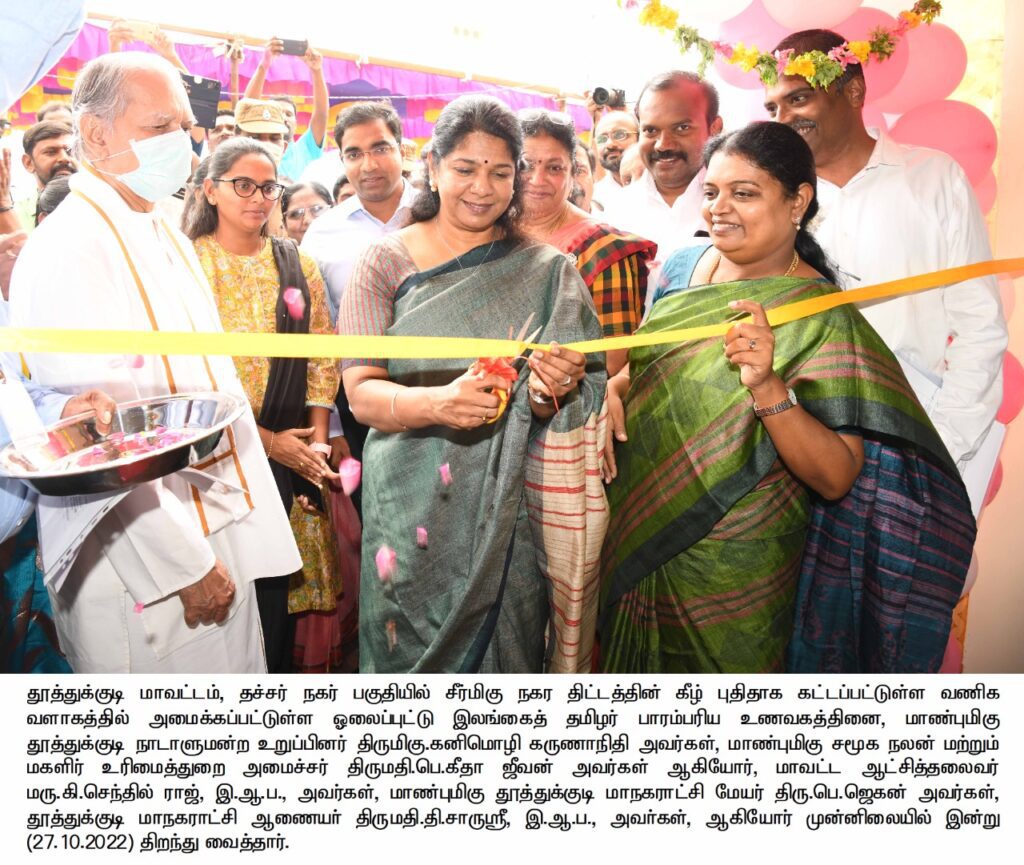
To make this initiative possible, the administration contacted the United Nations High Commissioner for Refugees (UNHCR) and invited them to the district. Two representatives, including the country head, came down to the district and had an interactive discussion with the Thoothukudi team. With their support, the administration planned on opening a hotel or a shop where the Sri Lankan cuisine can be sold.
CULTURAL SHOW
Initially, under the leadership of Thoothukudi MP, K Kanimozhi, the district started a four-day cultural show on the lines of Chennai Sangamam, by the name of Neithal or Neythal. Mr. Senthil said, “The word ‘Neythal’ means ‘costal land’, just as Thoothukudi is one. By starting this event, we wanted to showcase the cultural talents of people of Thoothukudi along with the cuisines and other eatables produced in the Neythal regions. A shop or a stall was also given to the Sri Lankan refugees to show their cooking talent.”
People of the district were very eager to taste the local cuisines of Sri Lanka. This is how the administration got an idea to start a separate shop where the Sri Lankan cuisine, made by the refugees, can be sold.
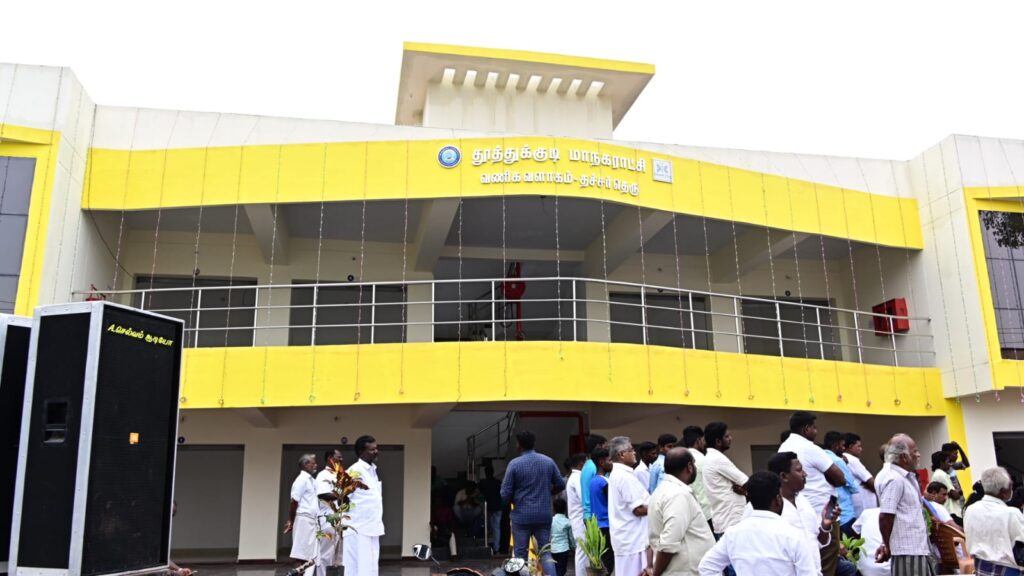
SUPPORT CAME FROM ALL CORNERS
Mr. Senthil, however, pointed out a small issue faced by them the women refugees were not trained enough to run a hotel or a shop by themselves. They cooked well but their serving and other things were not up to the mark. “For that, we took help of GRT hotels, a famous chain of hotel in Tamil Nadu, in providing a chef who could train the women refugees. Workshops were conducted in Regency Tirunelveli By GRT Hotels, and at restaurants such as Ente Keralam, The Marina, Anjappar, and Hot Breads in Chennai,” he said.
M Mahadevan of Oriental Cuisines sent a chef to the restaurant to help them out with cooking skills, presentation of dishes, etc. Another NGO called OfERR (Organization for Eelam Refugees Rehabilitation), which has been helping the refugees from a long time, came in handy in supporting the refugees in transportation, etc.
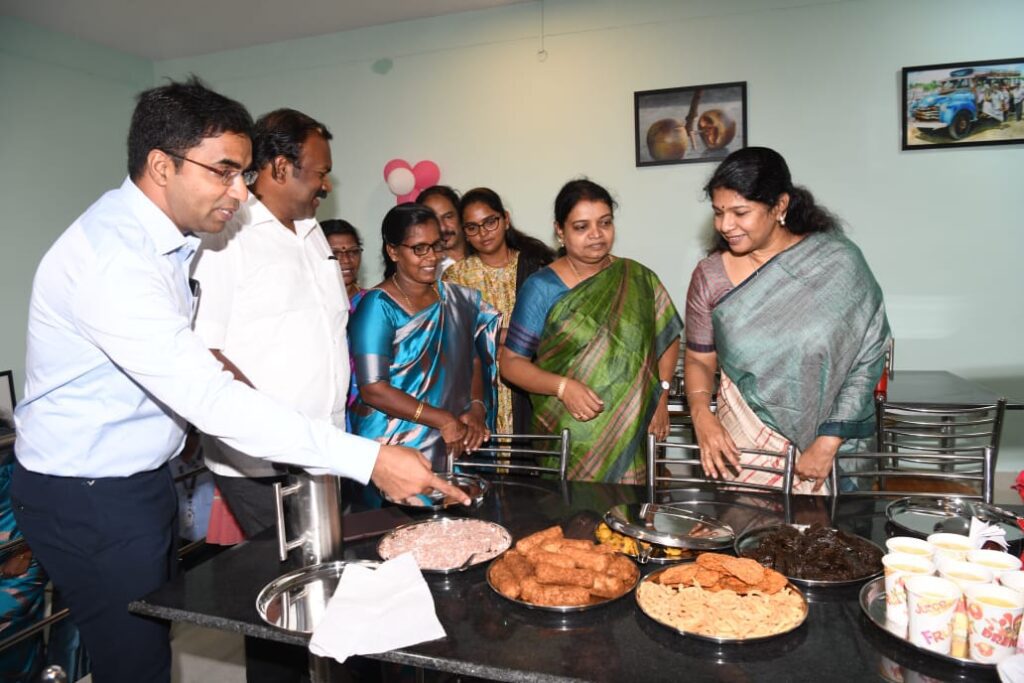
Finally, support also came from the Thoothukudi Coporation in providing a shop in a business complex recently opened by them in Thoothokudi under the Smart City plan. The request came from the district administration to open a shop which can solely be run by the women refugees living in the district. These women chose the name of the shop as Olai Puttu, where Olai denotes palm leaves and Puttu is a cultural food item produced by them.
OLAI PUTTU
Coming from Thappaathi, Mappilaiurani, and Thalamuthu Nagar camps, women refugees are serving rice, fish, crab, prawns, and squid curry, a vegetable and keerai kootu, sundal, and maasi sambal (a dish of coarsely ground dried tuna, coconut, and shallots) for lunch. A non-vegetarian meal is priced at ₹120, while the vegetarian version costs ₹90.
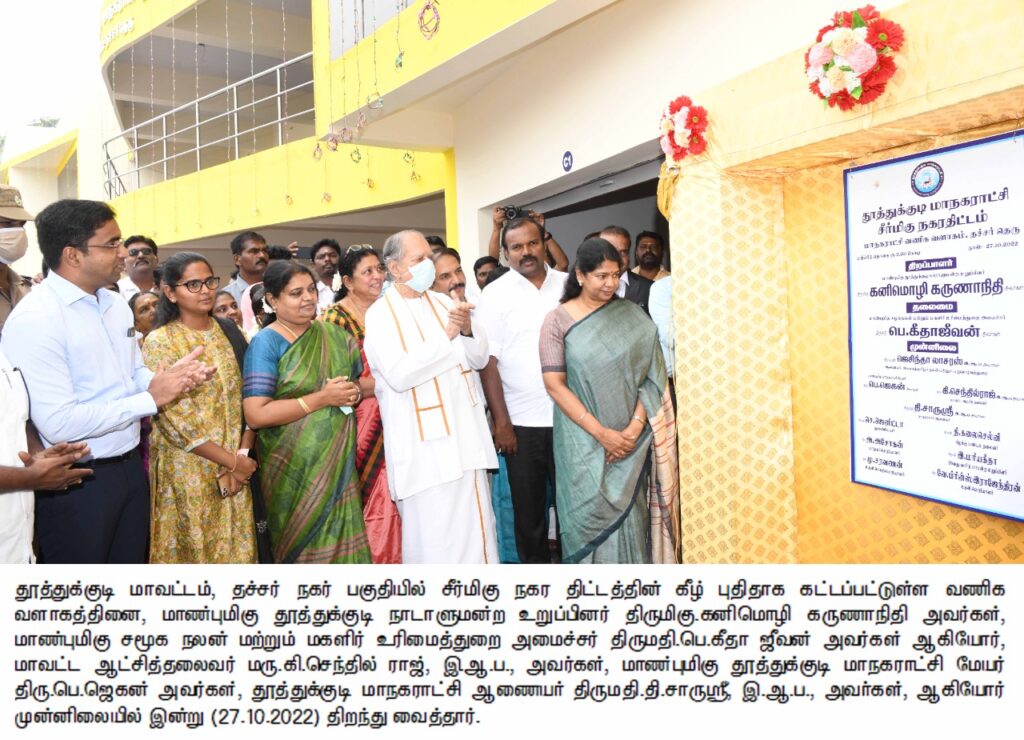
The women make around 25 plates of sambal a day. Idiyappam, puttu, and parotta are available for dinner, served alongside sodhi (a coconut milk-based stew), fish curry, maasi sambal and chicken curry. The dinner is priced at approximately ₹90 per person. The puttu, after which the restaurant is named, is steamed in a neethu petti, an arrangement woven with palm leaves.
More than 45 women from three different camps have been roped in for this initiative. Some of the women’s husband or male family member are also helping them in running the shop. Mr. Senthil said, “In fact, once this initiative takes off well, we are planning to establish more such eateries, both within and outside the district, extending to the whole of Tamil Nadu, eventually.”
